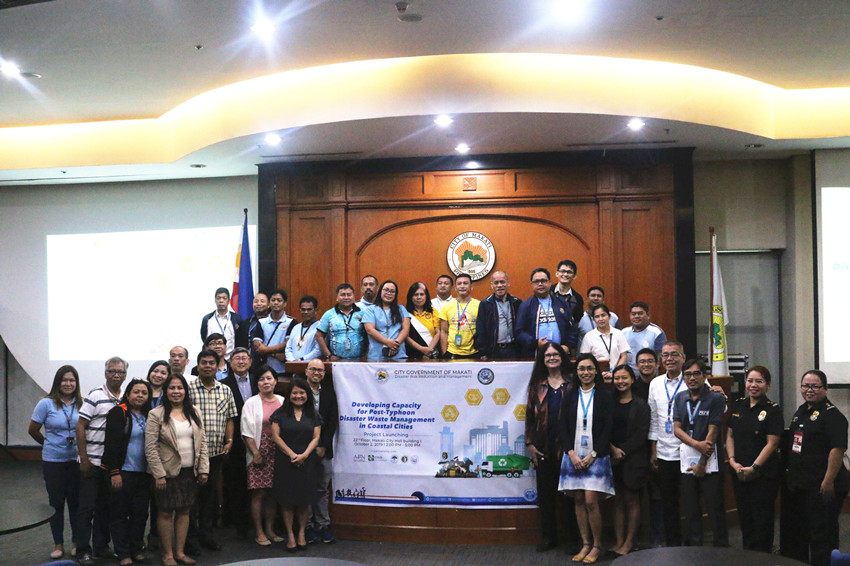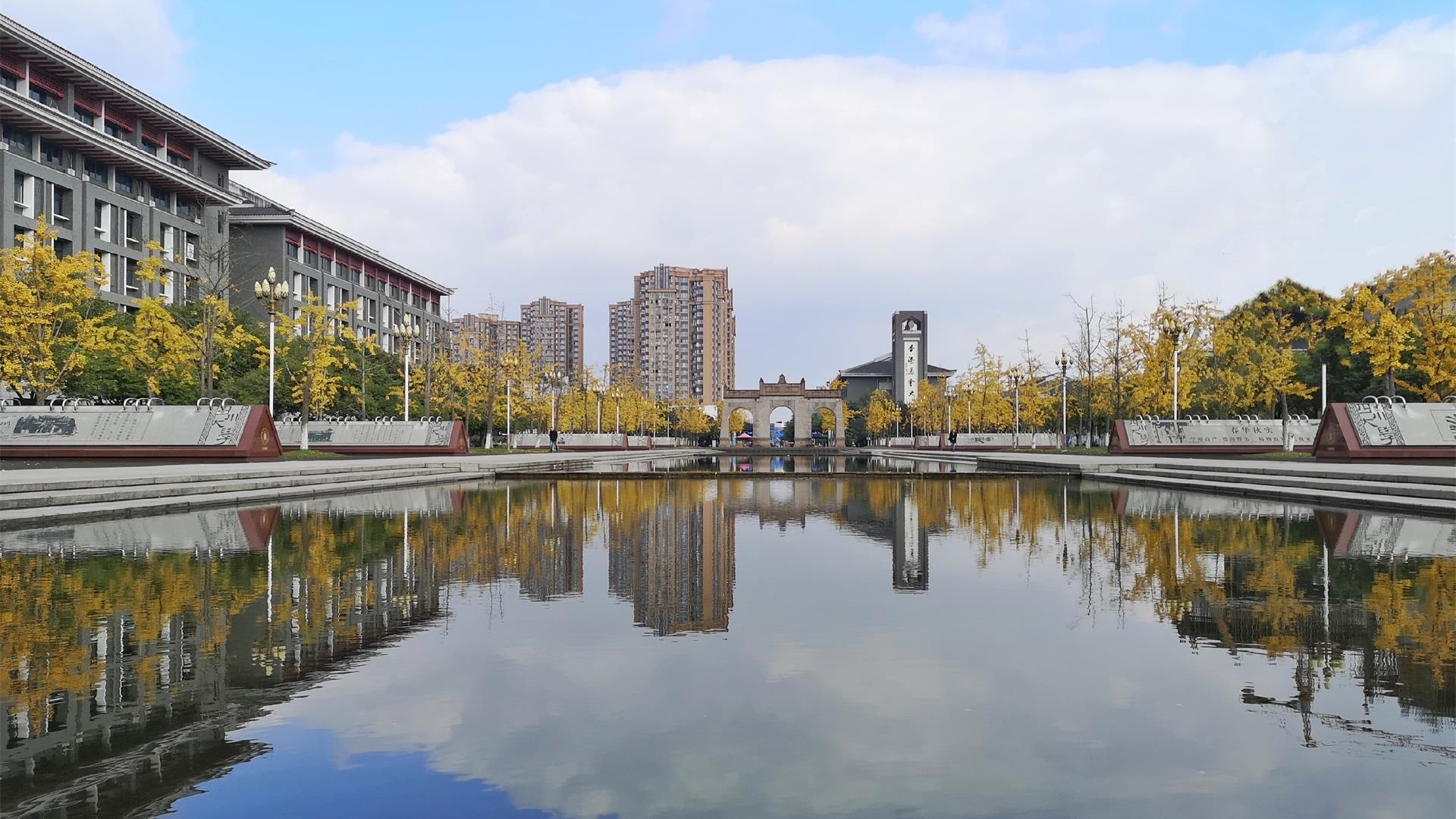Researchers from IDMR managed to win two out of the 12 Capacity Development Programme (CAPaBLE) grants of the Asia-Pacific Network for Global Change Research (APN) for 2019. APN’s CAPaBLE program was established in 2003 and aims to enhance the capacities of scientists, policy-makers, and other relevant stakeholders in the Asia and Pacific region to identify and assess global change issues at local, national, and regional levels and further identify appropriate solutions to resolve the issues and achieve sustainability.
Dr. Joseph Balikuddembe, a post-doctoral researcher at IDMR, is the principal investigator of the project on “Climate change, ageing and disability: Life experience of being old, disabled and affected by climate-induced disasters in China and Nepal.” The proposed project is set to explore the life experience of persons aged 65 years and older with disabilities (hereinafter referred to as “elderly persons with disabilities”) experiencing or affected by the climate-induced disasters in China and Nepal. This will ultimately help to understand how health, well-being, and functional ability of elderly persons with disabilities (elderly PWDs) are impacted and to identify some of the sustainable interventions for enhancing their self-care, functional and adaptive capacity. Dr. Balikuddembe will be collaborating with ACCESS Health International, Philippines. His team will receive USD 37,065 from APN.
Dr. Glenn Fernandez, an Associate Professor at IDMR, is the principal investigator of the project on “Developing capacity for post-typhoon disaster waste management in coastal cities in Fiji and the Philippines.” In recent years there had been several strong typhoons that caused heavy destruction in Asia and the Pacific. Strong winds from the
typhoon tore roofs, windows, doors, and walls off houses; broke trees and other vegetation; and littered wooden, metallic, plastic, and glass debris and waste across a large area. In some cases, hazardous materials, including hospital and industrial wastes, were also among the scattered wastes that needed to be collected and properly treated. Typhoons often result to flooding that make post-disaster waste management even more complicated. Wastes can pose a serious threat to human health and safety. It is therefore necessary for coastal cities frequently affected by typhoons to have adequate capacity for post-disaster waste management. Dr. Fernandez’s team will receive USD 40,000 from APN.















